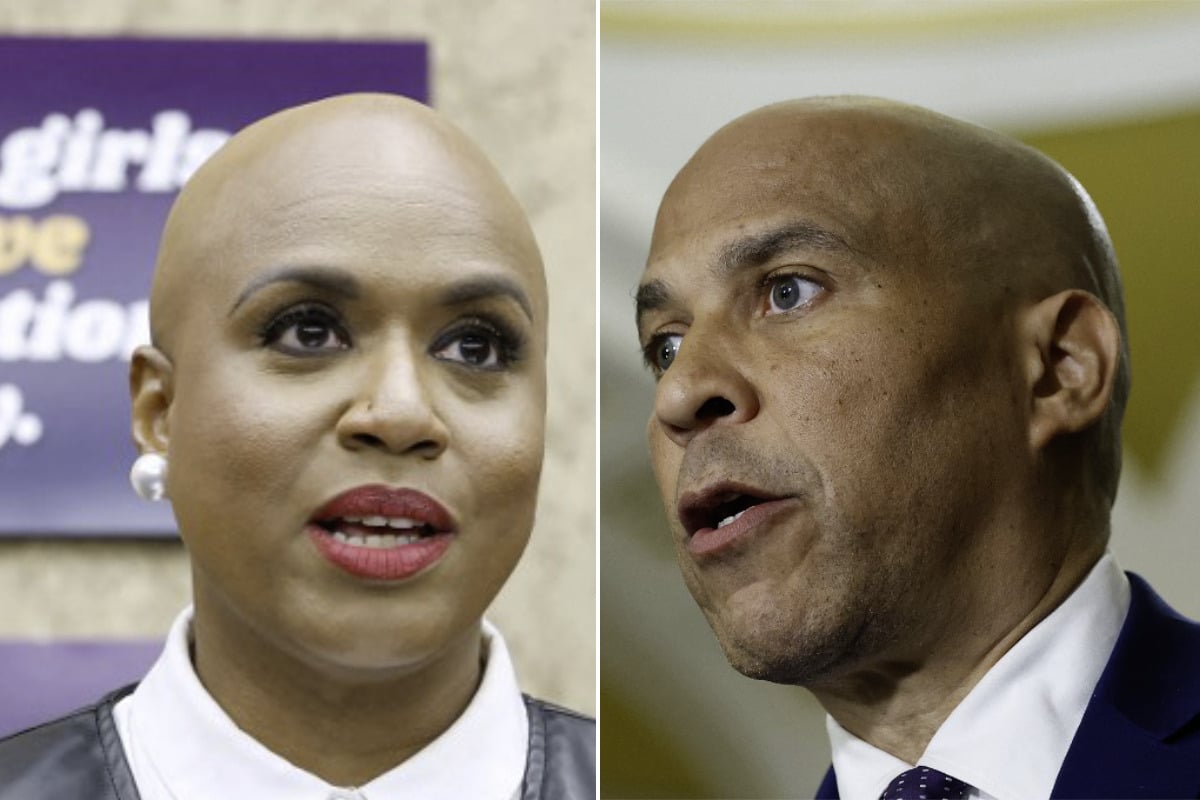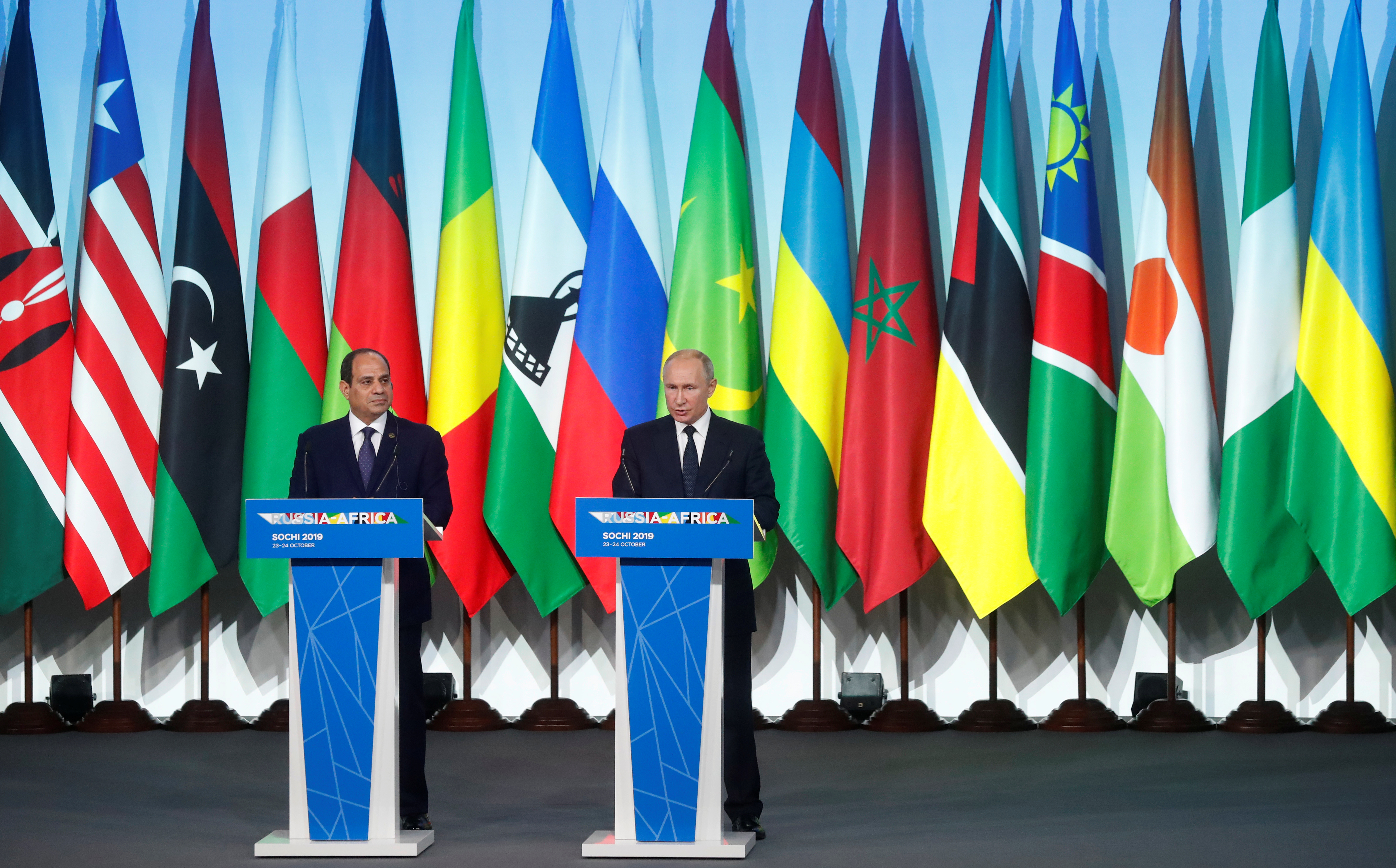- BlackVoter.Org
- Posts
- BLACKVOTER.ORG
BLACKVOTER.ORG

In a spirited TikTok debate, an American woman claimed that the platform would flounder without the presence of its 170 million U.S.
users, attributing popular dance trends and slang to American culture. Her bold statement quickly went viral, attracting a wave of backlash from social media users, particularly from South Africa.
Mzansi firmly reminded her that TikTok's vibrant dance culture is deeply rooted in African traditions. South Africans flooded the comments, celebrating their dance prowess and cultural contributions while playfully asserting their dominance in the TikTok space.
The lively exchange showcased a powerful moment of cultural pride, as users rallied together to emphasize the global influence of African creativity, humorously declaring, "South Africa has entered the chat!" This ongoing discourse underscores the rich tapestry of cultural exchange that makes platforms like TikTok so dynamic.

Martin Luther King Jr. was an iconic Baptist minister and pivotal leader of the Civil Rights Movement, known for his commitment to nonviolence and social justice.
Born on January 15, 1929, in Atlanta, he rose to prominence through significant events like the Montgomery Bus Boycott and the March on Washington, where he delivered his famous "I Have a Dream" speech. Overcoming personal challenges and fierce opposition, King championed racial equality and inspired millions with his powerful oratory.
Tragically, he was assassinated on April 4, 1968, at just 39 years old, yet his legacy endures through Martin Luther King Jr. Day and the ongoing pursuit of justice.
With his unwavering belief in love's power over hate, King remains a symbol of hope and inspiration, motivating future generations to advocate for equality and peace.

As President-elect Donald Trump gears up for confirmation hearings for his Cabinet picks, concerns are mounting regarding their potential impact on Black Americans' rights and safety. Many nominees have histories of opposing policies centered on diversity, equity, and inclusion, raising alarms about the future of these critical issues under their leadership.
From controversial figures like Pam Bondi, who aims to reform the Justice Department, to Stephen Miller, known for harsh immigration policies, Trump's selections reflect a troubling trend that prioritizes loyalty over expertise. This includes individuals connected to sexual misconduct allegations and those pushing agendas associated with "reverse racism.
" As Trump's administration takes shape, the implications for marginalized communities are significant, with potential rollbacks in protections and rights that have been fought for over decades. The coming weeks promise to be fraught with debates and scrutiny as the Senate considers these controversial nominees.

In a bold move, Senator Cory Booker and Representative Ayanna Pressley have reintroduced a pivotal federal reparations bill in the 119th Congress aimed at addressing the historic injustices faced by Black Americans. This legislation proposes the creation of a federal reparations commission tasked with documenting and developing strategies to confront the lingering effects of slavery, racism, and white supremacy.
"We as a nation have not yet truly acknowledged and grappled with the ways slavery, racism, and white supremacy continue to disadvantage African Americans," Booker stated. With 17 co-sponsors backing him in the Senate, and Pressley carrying forward the legacy of the late Representative Sheila Jackson Lee in the House, this initiative seeks to push lawmakers towards confronting racial disparities that persist today.
Advocates are calling for urgent action, emphasizing that the time to address these generational injustices is now.

Daniel L. Inman, a pioneering civil rights advocate and the first black newspaper publisher in Thomasville, passed away on January 8, 2025, at the age of 87.
Born in Quitman, Georgia, Inman founded The Thomasville News in 1967, championing African-American issues and actively participating in civil rights marches alongside icons like Martin Luther King Jr. and Andrew Young.
He was not only a voice for his community but also made history as the first person in his area to meet a sitting president. His immense contributions extended to the political sphere, working on numerous Democratic campaigns and serving as chair of the Georgia Voters League.
Inman's daughter, Judge Danette Mincey, highlighted his dedication to justice and equality, illustrating how his legacy continues to inspire future generations. His life’s work was a testament to the profound impact one individual can have in the ongoing fight for civil rights and social change.

In the latest headlines from Africa, the spotlight shines on the inaugural Russia-Africa summit, the recent elections in Botswana and Mozambique, and updated economic growth projections for the continent. During the summit, Russian President Vladimir Putin engaged with leaders from all 54 African nations, pledging to boost trade and explore military and energy partnerships, including a significant deal for attack helicopters to Nigeria.
Meanwhile, Botswana re-elected President Mokgweetsi Masisi amidst a smooth voting process, while Mozambique's Frelimo party is anticipated to maintain a stronghold despite opposition claims of irregularities. On the economic front, the International Monetary Fund and World Bank scaled back their growth projections for Africa, citing slower-than-expected growth among key economies like Angola and Nigeria.
Amid these developments, the call for sustainable and inclusive growth in Africa continues to resonate, setting the stage for a dynamic future.

In a historic move, over 500 members of the Black diaspora, including American celebrities like Yandy and Mendeecees Harris, were recently granted Ghanaian citizenship as part of the government’s “Year of Return” initiative. Launched in 2019 to commemorate 400 years since the arrival of enslaved Africans in America, this program has attracted countless African Americans eager to connect with their roots and experience Ghanaian culture.
Former President Akufo-Addo's recent citizenship approval marked the largest such group yet, encouraging new citizens to leverage their experiences to help develop Ghana. The initiative has significantly boosted Ghana's economy, generating $1.
9 billion in related activities. For many, like Keachia Bowers, obtaining citizenship is a profound acknowledgment of their heritage, symbolizing a deep connection to ancestors who longed to return home.
This initiative has transformed Ghana into a beacon for the African diaspora, fostering unity and heritage appreciation.

The debate over critical race theory (CRT) has become a cultural flashpoint, with numerous states enacting bans against its teaching in schools. Opponents argue that CRT promotes an unfair narrative of oppression and guilt, interpreting discussions about systemic racism as personal attacks.
However, CRT, as described by scholars, does not blame individuals but highlights how institutional practices perpetuate racial inequalities. Despite this, bans have proliferated, with schools in nine states, including Texas and Tennessee, limiting discussions on race, privilege, and discrimination.
Critics of these measures argue that they stifle essential dialogues about America’s racial history and its ongoing effects. The current climate reveals a significant struggle over how to address racism in education, with many advocating for a more honest and open approach.
In a nation still grappling with these issues, the need for understanding and responsibility in addressing systemic problems remains crucial for future generations.